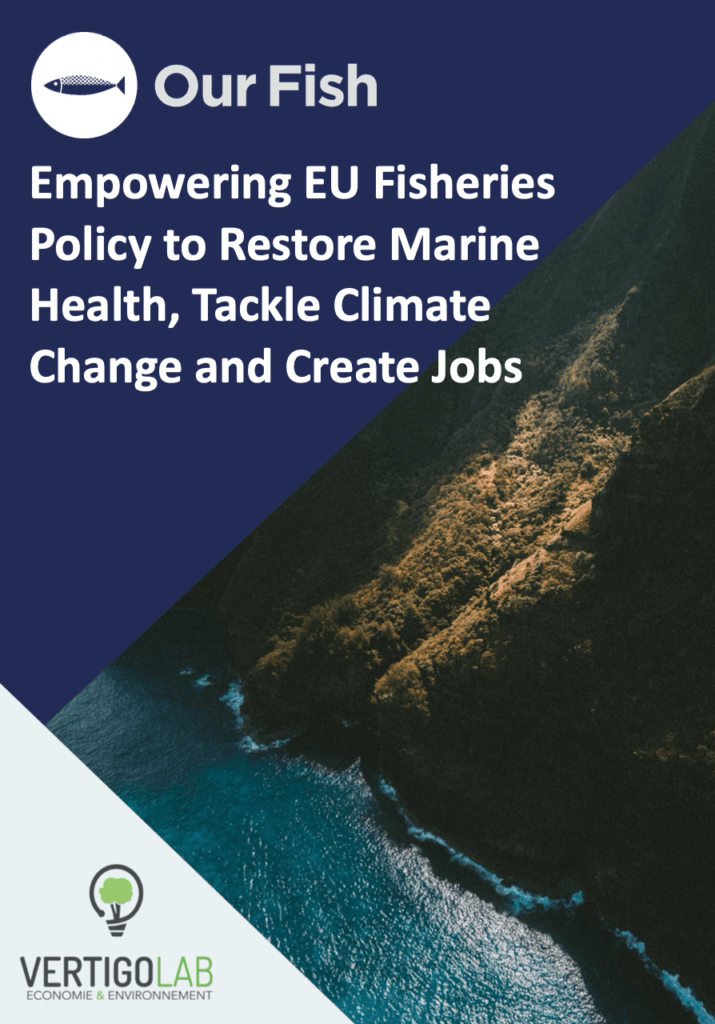The European Union’s common fisheries policy primarily aims to ensure the sustainability of fisheries and to guarantee stable income and jobs for fishermen. This mission is reflected in the management of the impact of fisheries on fish stocks through the establishment of Total Allowable Catches (TAC) that determine the number of landings that can be made in a year. These TACs are allocated among member countries, then within these countries among fishers.
To reduce the environmental impacts of fisheries, fishing ought to be guided towards low impact fishing practices, whilst securing jobs in the sector. This balancing act requires looking at socioeconomic impacts of incorporating environmental and social criteria in quota allocation.
Through case studies, this analysis investigated the socioeconomic impacts of environmentally driven reallocation scenarios. The focus was on two fisheries, haddock in France and Ireland, and plaice in Poland, Germany, Sweden, and Denmark. The results investigate how favouring artisanal fleets equipped with passive gears would impact the sector’s revenues, contribution to GDP through added value, and number of jobs.
Using a peer-reviewed method based on input-output models, Vertigo Lab computed the socioeconomic impacts of specific fishing activities at the European Union level. The indicators of interest were jobs, gross added value which indicated the sector’s contribution to the European Gross Domestic Product (GDP), and turnover which is the sum of revenues generated by the sector. The method not only evaluated the direct impacts generated by the sector, but also the indirect impacts and the induced impacts.
The report, authored Vertigo Lab and commissioned by the Our Fish campaign, Empowering EU Fisheries Policy to Restore Marine Health, Tackle Climate Change and Create Jobs, finds that “the reallocation of [EU fishing] quotas in favour of environmental and social criteria appears to positively impact employment”, and details how EU Member States and the European Commission could realise the potential of the CFP through the full implementation the policy’s Article 17, which states that fishing access should allocated by EU member states according to economic, social and environmental criteria.
Video recording of press briefing. View on YouTube

